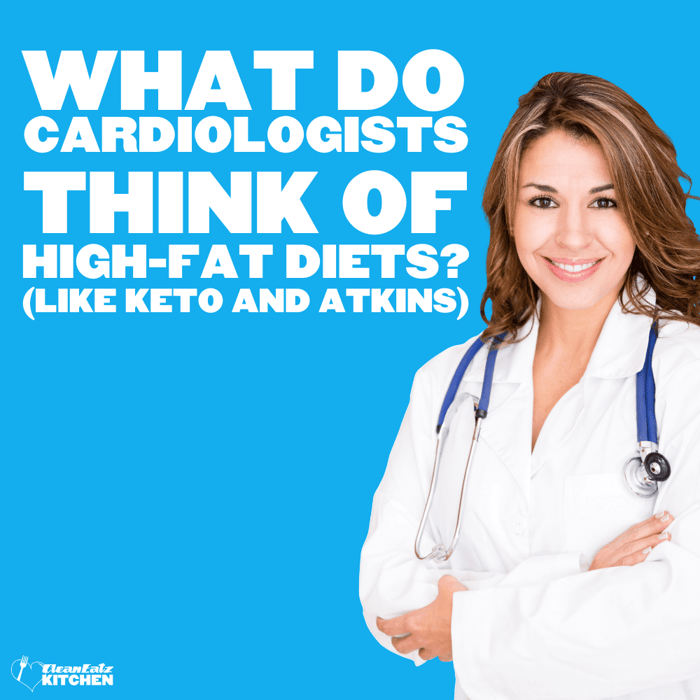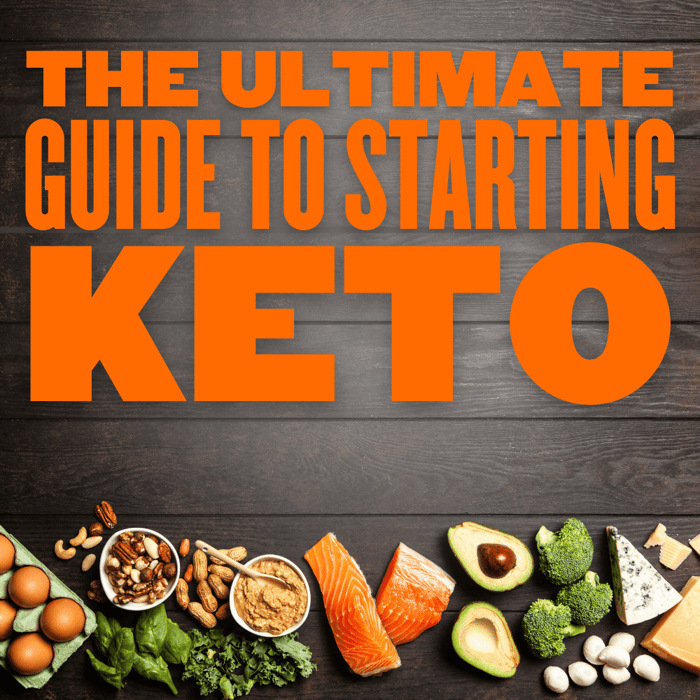Keto & Atkins: What Cardiologists Really Think (Pros, Cons, Safer Setup)

Diana Ketchen
Nutrition
|
Weight Loss
|
Healthy Lifestyle
09/26/2025 1:15pm
5 minute read
The cardiology consensus (at a glance)
- AHA guidance: Emphasize dietary patterns rich in vegetables, fruits, whole grains, legumes, nuts/seeds, and unsaturated fats; limit saturated fat, added sugars, and sodium. Scientific statement. In an AHA analysis of popular diets, Mediterranean/DASH/pescetarian/vegetarian scored highest; keto/paleo conflicted with guidance. Ranking paper | AHA summary.
- LDL/ApoB are primary risk drivers: Current cardiology practice focuses on lowering LDL-C and apolipoprotein B (ApoB) to reduce ASCVD risk. ACC 2022 expert consensus | ApoB review.
How keto/Atkins shift heart markers
- Triglycerides ↓ and HDL ↑: Many trials show improved TG and HDL on low-carb or ketogenic diets, especially with weight loss. See recent RCT meta-analyses and reviews: Nutrition & Metabolism 2024; Nutrients 2022.
- LDL/ApoB often ↑ (not always): Responses vary by person and diet composition; several analyses and trials report LDL-C and ApoB increases with very low-carb, high-fat eating—particularly when saturated fat is high. AJCN 2024 meta-regression; JACC Advances 2024 RCT; umbrella/systematic reviews: BMC Med 2023, BMJ Open 2024.
- Fat quality matters: Replacing saturated fats with mono-/polyunsaturated fats (olive oil, nuts, fish, avocado) improves the lipid profile compared with high-sat versions of low-carb diets. AHA saturated fat guidance.
What we know (and don’t) about outcomes
- Large observational signal: In UK Biobank, a low-carb, high-fat (“keto-like”) pattern was associated with higher LDL/ApoB and about 2× higher risk of cardiovascular events. ACC press | peer-reviewed 2024 analysis.
- Gold-standard outcomes still limited: We have robust outcomes trials for Mediterranean-style eating (e.g., PREDIMED; Mediterranean vs low-fat in secondary prevention) showing fewer events; we don’t have comparable long-term event trials for keto. PREDIMED overview; 2024 review.
Who should avoid or use extra caution
- Very high LDL/ApoB, familial hypercholesterolemia, known ASCVD: Keto/Atkins can raise LDL/ApoB; discuss with your cardiology team first and monitor closely.
- Pregnancy, kidney disease, pancreatitis, or complex medication regimens: Get individualized medical guidance.
How to make low-carb more heart-healthy (if you choose it)
- Prioritize unsaturated fats: Olive oil, nuts, seeds, avocado, and fatty fish; limit butter, fatty red meats, high-fat dairy, and coconut oil.
- Load the plate with plants: Non-starchy vegetables at most meals; aim for ~25–38 g fiber/day from veggies, legumes, nuts, and seeds.
- Mind protein sources: Favor fish, poultry, eggs, soy, and lean cuts instead of processed meats.
- Check your labs: Ask for a lipid panel (and ideally ApoB) about 4–12 weeks after a major diet shift, then adjust fat quality or carb level based on results.
- Consider Mediterranean-low-carb: You can keep carbs modest while staying aligned with AHA principles—olive-oil-forward, fish, nuts, lots of vegetables.
Clean Eatz Kitchen support
Want an easier way to keep saturated fat in check and fiber high while you dial carbs to your preference? Browse our calorie-controlled meal plans, keep protein-forward snacks on hand, and use Nutrition Info to mix and match meals that fit your goals. Related reads: DASH diet · high-protein diet.
FAQs
Do cardiologists “approve” keto/Atkins?
They’re generally cautious. AHA-aligned patterns (Mediterranean/DASH) have the best evidence for heart outcomes. Keto/Atkins may help weight and triglycerides but can raise LDL/ApoB in many people; if pursued, use unsaturated fats, high fiber, and lab monitoring with your clinician.
My LDL went up but HDL is great and triglycerides dropped—am I fine?
Not necessarily. ApoB/LDL drives plaque risk; higher HDL and lower triglycerides don’t offset a substantial ApoB rise. Discuss lipid-lowering and diet tweaks with your clinician.
Does LDL “particle size” make a high LDL less risky?
Particle size matters less than the number of atherogenic particles (ApoB). Prioritize lowering ApoB/LDL with food quality and, if needed, medications.
Is there a “middle path” low-carb diet for heart health?
Yes—think Mediterranean-leaning low-carb: olive oil, fish, nuts/seeds, heaps of vegetables, legumes as tolerated, and limited saturated fat.
References
- AHA Scientific Statement — Dietary Guidance to Improve Cardiovascular Health (patterns, fat quality). Circulation, 2021.
- Popular Diets vs. AHA Criteria (Mediterranean/DASH score highest; keto/paleo lowest). Circulation, 2023 | AHA summary.
- “Keto-like” (low-carb, high-fat) diet ↔ higher LDL/ApoB + ~2× CVD events (observational). ACC press, 2023 | Eur J Prev Cardiol, 2024.
- Ketogenic diets & lipids — umbrella/systematic reviews (LDL often ↑; TG ↓; HDL ↑). BMC Med, 2023 | BMJ Open, 2024.
- LDL increases on low-carb: meta-regression + randomized feeding data. AJCN, 2024 | JACC Advances RCT, 2024.
- Low-carb effects on TG/HDL (favorable) in trials. Nutr & Metab, 2024 | Nutrients, 2022.
- Mediterranean diet & outcomes evidence (primary/secondary prevention). PREDIMED overview | Rev Clin Esp, 2024.
- AHA on saturated fat replacement with unsaturated fats. AHA page.
- ACC 2022 Expert Consensus + ApoB as risk-enhancing. JACC, 2022 | Circulation, 2024.
Educational content only; not medical advice.
Related Articles
Is Exercise a Form of Meditation?
5 minute read
The Ultimate Guide to Starting a Keto Diet
7 minute read
Is Kayaking Good Exercise? Calories, Benefits & Safety
5 minute read



